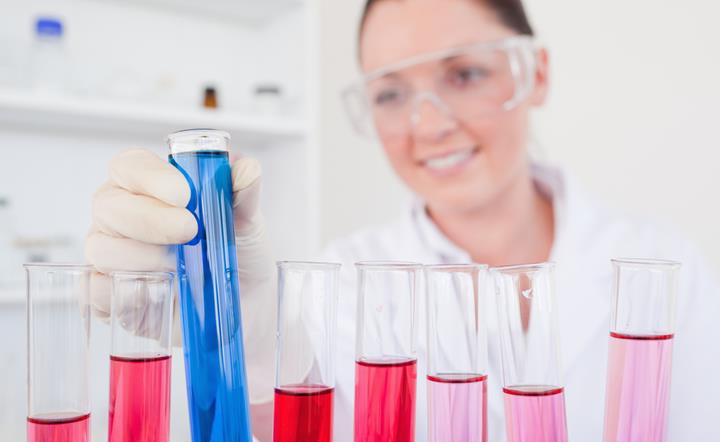Hemophilia is an inherited genetic disorder in which the ability of blood to clot is greatly reduced causing the sufferer to bleed severely even from a minor injury. This condition mainly arises from a hereditary factor carried on the X chromosome, factor VIII. Small cuts are not a big problem for hemophiliacs as compared to internal bleeding especially occurring in the knees, elbows and joints. This type of bleeding can severely damage body organs and lead to death. It has no cure as of yet, but there are self-care treatments recommended for people suffering from hemophilia that allows them to live normal and active lives.
Treatment and drugs for hemophilia
Treatment for bleeding- varies according to type of hemophilia
Mild hemophilia A
The hormone desmopressin (DDAVP) is slowly injected into a vein to release clotting factors to reduce bleeding. Sometimes DDAVP is given as a nasal medication.
Moderate to severe hemophilia A or hemophilia B
Bleeding in these forms of hemophilia can only be stopped after an infusion of recombinant clotting factor that is donated from human blood. If internal bleeding is severe, repeated infusions may be applied.
Hemophilia C
The factor missing in this type of hemophilia is clotting factor XI. This clotting factor is only available in Europe. Plasma infusions are used in the United States to stop the bleeding episodes.
Ongoing treatment
Regular infusions of DDAVP or clotting factor
The infusions help to stop bleeding. This approach is perfect in that it limits the amount of time spent in hospital and reduces any damage that may be caused to the joints in case of severe bleeding. A medical practitioner can show you how to do the infusions.
Clot preserving medications (antifibrinolytics)
These are medications used to prevent the breakdown of clots.
Fibrin sealants
This type of treatment can be applied directly to wound sites. This promotes clotting and healing at site of damage. They are very effective and commonly used especially in dental therapy.
Physical therapy
It is essential in easing signs and symptoms of internal bleeding that may have caused damage to joints. If the damage caused by internal bleeding is very severe surgery may be required to resolve the damage.
First aid for minor cuts
Applying pressure to the bleeding site and putting on a bandage will generally take care of bleeding. For small sites of bleeding under the skin, icepacks can be applied. Ice pops can also be used to slow down minor bleeding that may occur in the mouth.
Vaccinations
Ideally, donated blood products are often screened. However it is not uncommon to find people who rely on them contracting diseases. To avoid this as a hemophiliac, it is advised to get vaccinated against Hepatitis A and Hepatitis B.
Home remedies
Exercise regularly
Cycling, walking and swimming can build up muscles and protect the joints. Contact sports are not safe for hemophiliacs.
Avoid certain pain medications
Some pain medications containing aspirin or ibuprofen like Advil can aggravate bleeding in hemophiliacs. Hemophiliacs are advised to use acetaminophen instead.
Avoid blood thinning medications
These are medications used to stop blood from clotting. They include heparin, warfarin, and prasugel.
Practice good dental hygiene
Maintain good dental hygiene with the aim of avoiding tooth extraction in the future which can lead to excessive bleeding.
Protect your child from activities that could lead to joint injuries
Knee pads, elbow pads and helmets are advised for outdoor activities. Keep paths at home from anything that could cause injury to hemophiliac children.
Featured image source: DepositPhoto/Wavebreakmedia




